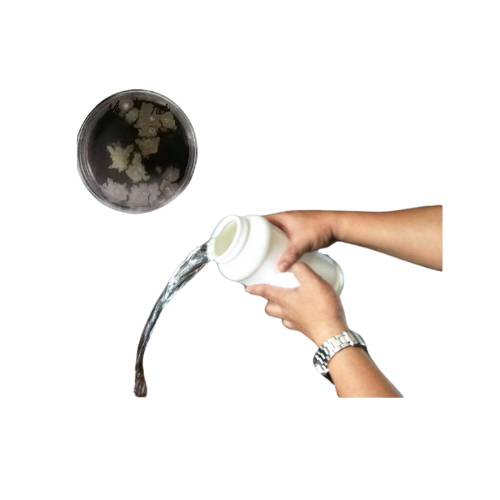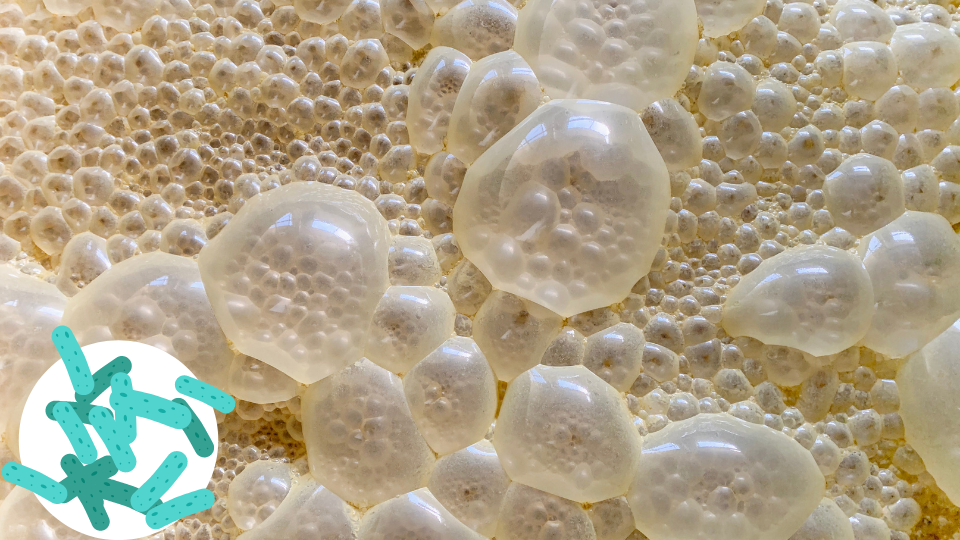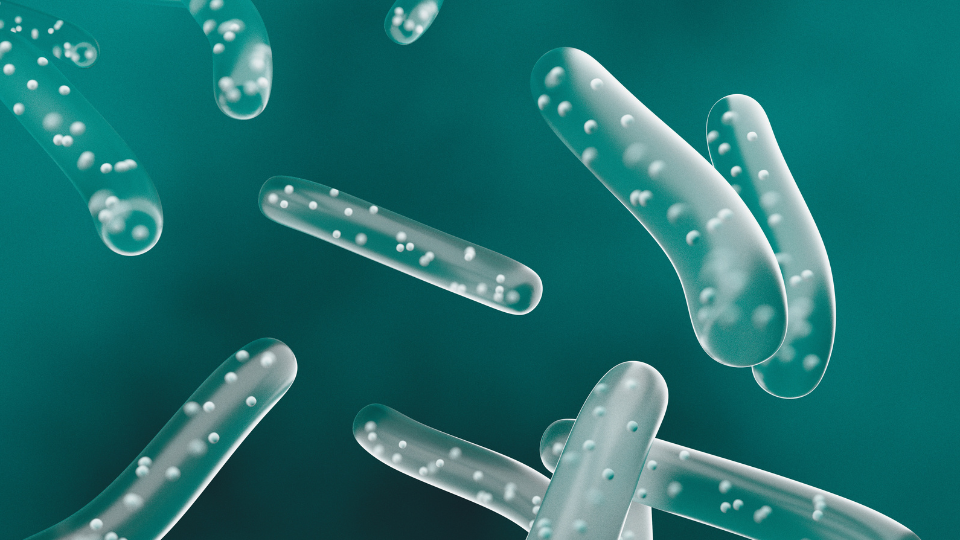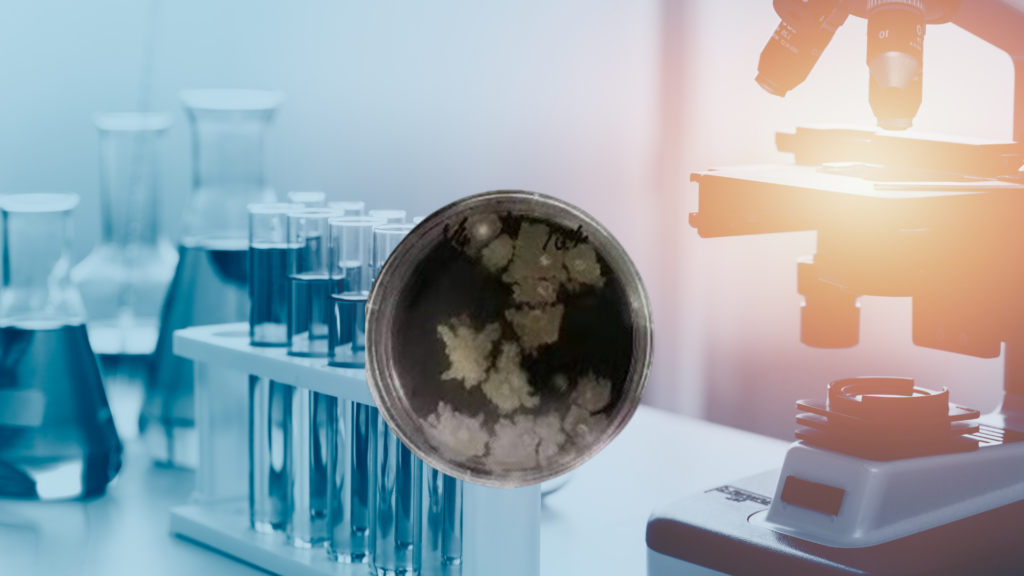About the Greenzyme EMB-100 Plus
Description
EMB-100 Plus for decomposing organic waste not only significantly reduces odors but also accelerates the decomposition process. It utilizes a safe and beneficial microbial formula, including Bacillus subtilis, Micrococcus species, Pseudomonas species, and Thermoactinomyces species, concentrated through biological fusion technology.
Sustainability: EMB-100 maintains its activity over a long period, continuously decomposing waste. Even when the machine is off, the organic material in the tank, with a moisture content of 40-50%, does not produce any odor.
Heat Resistance: Even when the heater temperature rises to 110°C, EMB-100 continues to decompose organic waste effectively.
Strong Decomposition: Depending on the quantity and type of material, decomposition is typically completed within approximately 12 hours.

Fermentation
Fermentation is the process by which microorganisms break down organic matter, producing byproducts like alcohol, enzymes, and carbon dioxide. In daily life, various organic waste materials, such as bagasse, distillers’ grains, leaves, vegetable scraps, fruit peels, livestock manure, soybean residue, and mushroom cultivation substrates, can be transformed through fermentation into valuable organic fertilizers essential for crop cultivation.
Traditional composting methods are time-consuming, often taking three to six months for complete decomposition, and they pose significant environmental challenges, such as unpleasant odors and wastewater production. Our company has dedicated itself to drastically reducing fermentation time, initially from three months to one month, then further to 14 days, then seven days, and finally achieving the complete process in just three hours. This breakthrough, which eliminates odor and wastewater, revolutionizes traditional composting methods.
The key to this innovation lies in our fermentation agent. During the development process, our team discovered that pre-heated organic matter is more easily decomposed, but most common fermentation bacteria cannot withstand high temperatures. After persistent efforts, our team successfully isolated a unique strain of high-temperature-resistant fermentation enzyme. This strain not only thrives under heat but becomes more active as the temperature rises. This, coupled with specially designed enzymes, significantly accelerates the fermentation process under machine-assisted heating.

Probiotic Strains
The EMB-100 Plus contains over ten types of beneficial probiotic strains, including Bacillus subtilis, Bacillus megaterium, Bacillus thuringiensis, and Streptococcus lactis. All these strains are spore-forming and capable of withstanding high temperatures.
The primary actors in the fermentation process are lactic acid bacteria and yeast. Our research team has isolated and purified thermophilic lactic acid bacteria capable of withstanding high temperatures. To support the survival, proliferation, and growth of these bacteria, we have also added special enzymes, providing the necessary energy for metabolic reactions. This enhances the bacteria’s ability to decompose organic matter, eliminate odors, and significantly reduce the fermentation time to just three hours.

| Traditional Composting Method | EMB-100 Plus Rapid Fertilization | |
|---|---|---|
| Processing Time | 2-3 months | 3 hours |
| Processing Area | Large; requires curing after stacking | Small; about 1/10th of traditional space |
| Environmental Hygiene | Open turning; generates odor and wastewater | No odor, no wastewater |
| Equipment Cost | High | Low |
| Nitrogen Loss | About 50% nitrogen loss | Almost no loss |
| Product Quality | Low N, P, K nutrients; unstable product | Stable product, fertilizer rich in beneficial probiotics, high value |
| Usage Conditions | Cannot be used immediately; requires curing | All output meets fertilizer standards, can be used immediately |
